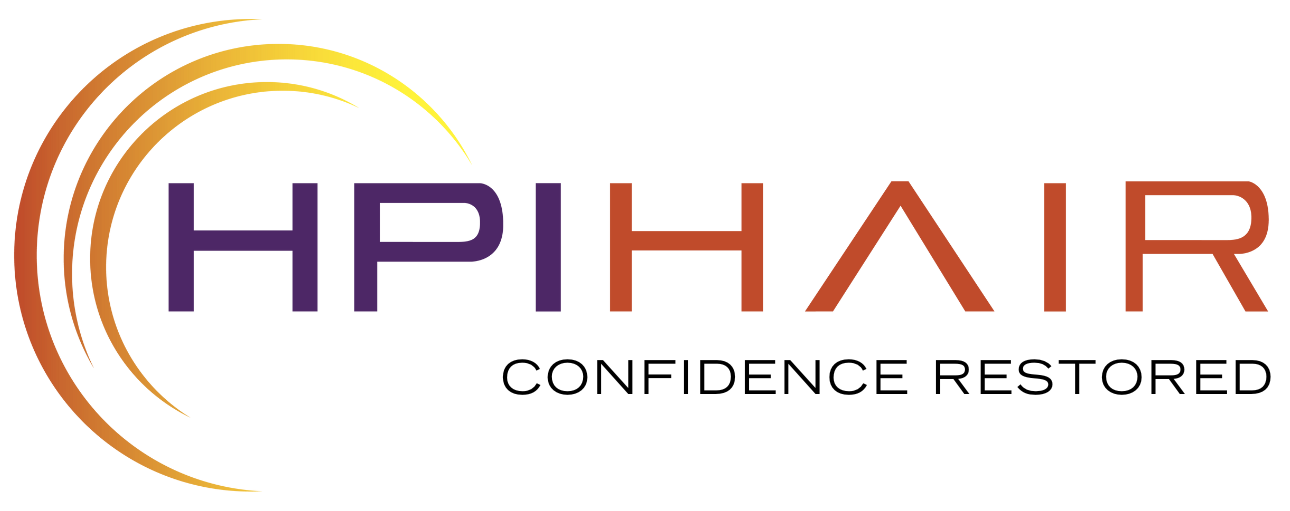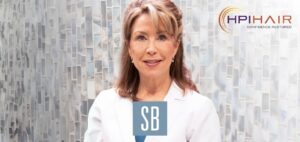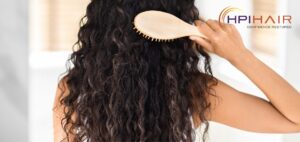Combat hair loss with effective solutions for older women. Visit now!
Hair loss is a common concern for many women as they age. It can be a distressing experience, impacting self-confidence and self-esteem. While hair loss is often associated with men, many older women also experience thinning hair and balding. If you’re an older woman facing this issue, you’re not alone. Fortunately, there are effective solutions that can help you address and manage hair loss, allowing you to regain confidence and feel your best at any age. In this comprehensive guide, we will explore the various causes of hair loss in older women and provide practical tips and strategies to help you stop hair loss and promote healthy, vibrant hair.
Hair Loss in Older Women
Hair loss in older women can be attributed to a variety of factors, including hormonal changes, genetic predisposition, and lifestyle choices. Understanding the root cause of your hair loss is crucial in determining the most effective course of action to address the issue.
Here are some common causes of hair loss in older women:
1. Hormonal Changes: Fluctuations in hormone levels, particularly during menopause, can lead to hair thinning and loss.
2. Genetic Predisposition: Family history and genetics play a significant role in determining hair loss patterns.
3. Nutritional Deficiencies: Inadequate intake of essential nutrients, such as iron and protein, can contribute to hair loss.
4. Stress: Chronic stress can disrupt the hair growth cycle, leading to increased shedding and thinning.
5. Medical Conditions: Certain medical conditions, such as thyroid disorders, autoimmune diseases, and scalp infections, can contribute to hair loss.
Addressing Hormonal Imbalance
Hormonal imbalance is a common contributor to hair loss in older women. As estrogen levels decline during menopause, the relative increase in androgen hormones can lead to a condition known as androgenetic alopecia, or female pattern hair loss.
To address hormonal imbalance and minimize its impact on hair loss, consider the following strategies:
– Consult with a healthcare provider to discuss hormone replacement therapy options.
– Incorporate phytoestrogen-rich foods, such as flaxseeds and soy products, into your diet to support hormonal balance.
– Engage in regular physical activity to promote overall hormonal balance and reduce stress levels.
Optimizing Nutritional Intake
Nutritional deficiencies can contribute to hair loss, making it essential to focus on a well-balanced diet that supports hair health.
Key nutrients for preventing hair loss and promoting growth include:
– Iron: Ensure adequate iron intake through red meat, lentils, and leafy greens.
– Protein: Include lean sources of protein, such as poultry, fish, and legumes, in your daily meals.
– Omega-3 Fatty Acids: Incorporate omega-3-rich foods like salmon, chia seeds, and walnuts to support scalp health.
– Vitamin D: Spend time outdoors and consume vitamin D-rich foods like fortified dairy products and fatty fish.
Stress Management and Self-Care
Chronic stress can exacerbate hair loss by disrupting the hair growth cycle. Incorporating stress-relief practices and self-care routines can significantly contribute to hair health.
Here are some effective stress management techniques:
– Practice mindfulness meditation or yoga to alleviate stress and promote relaxation.
– Engage in regular physical exercise to reduce stress and boost overall well-being.
– Prioritize sufficient sleep to support hormonal balance and overall health.
End thoughts
Hair loss in older women can be a challenging experience, but with the right strategies and support, it is possible to address and minimize its impact. nderstanding the underlying causes of hair loss, optimizing nutritional intake, addressing hormonal imbalances, and incorporating stress management techniques, older women can take proactive steps to stop hair loss and promote healthy, vibrant hair.









